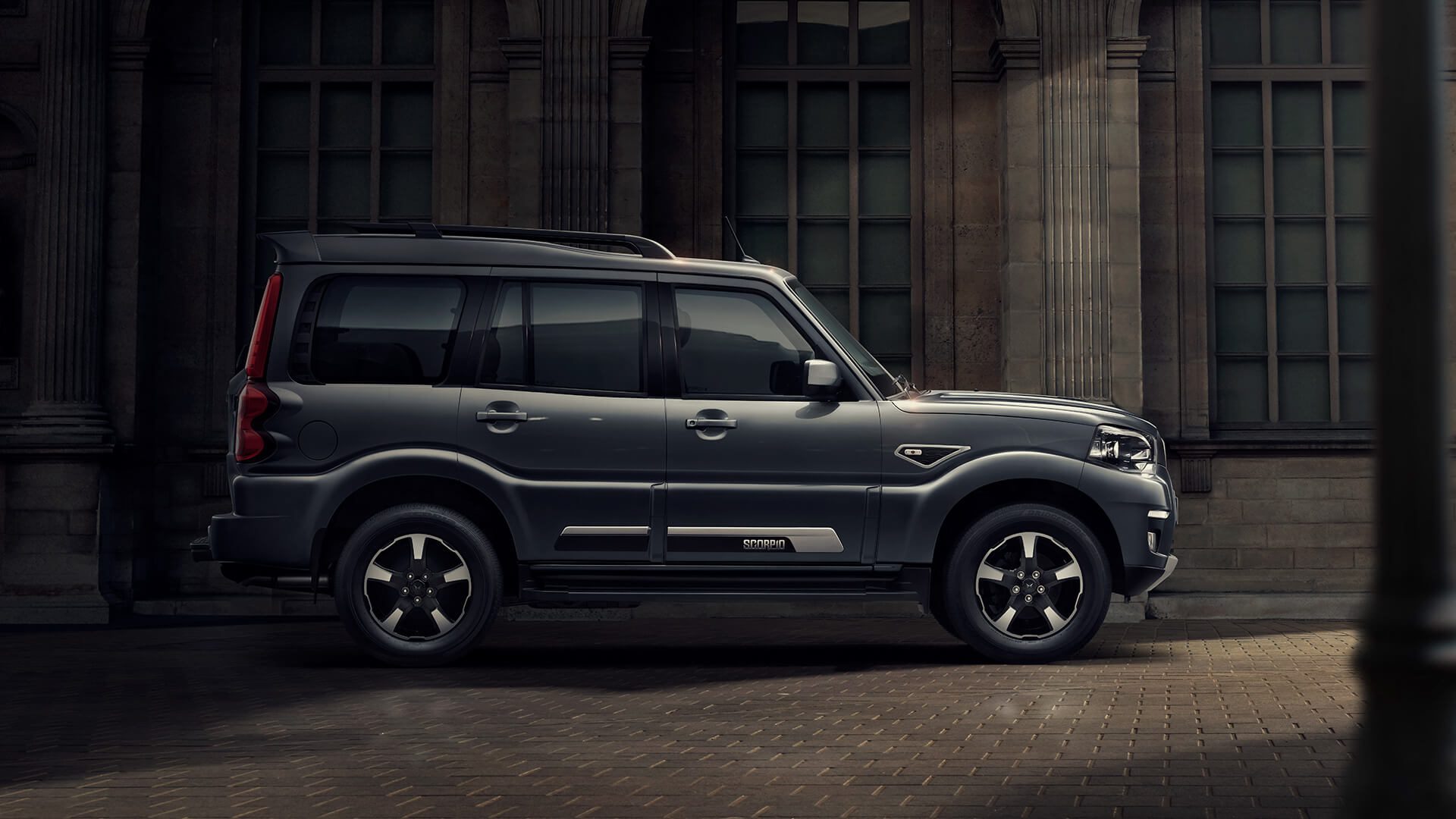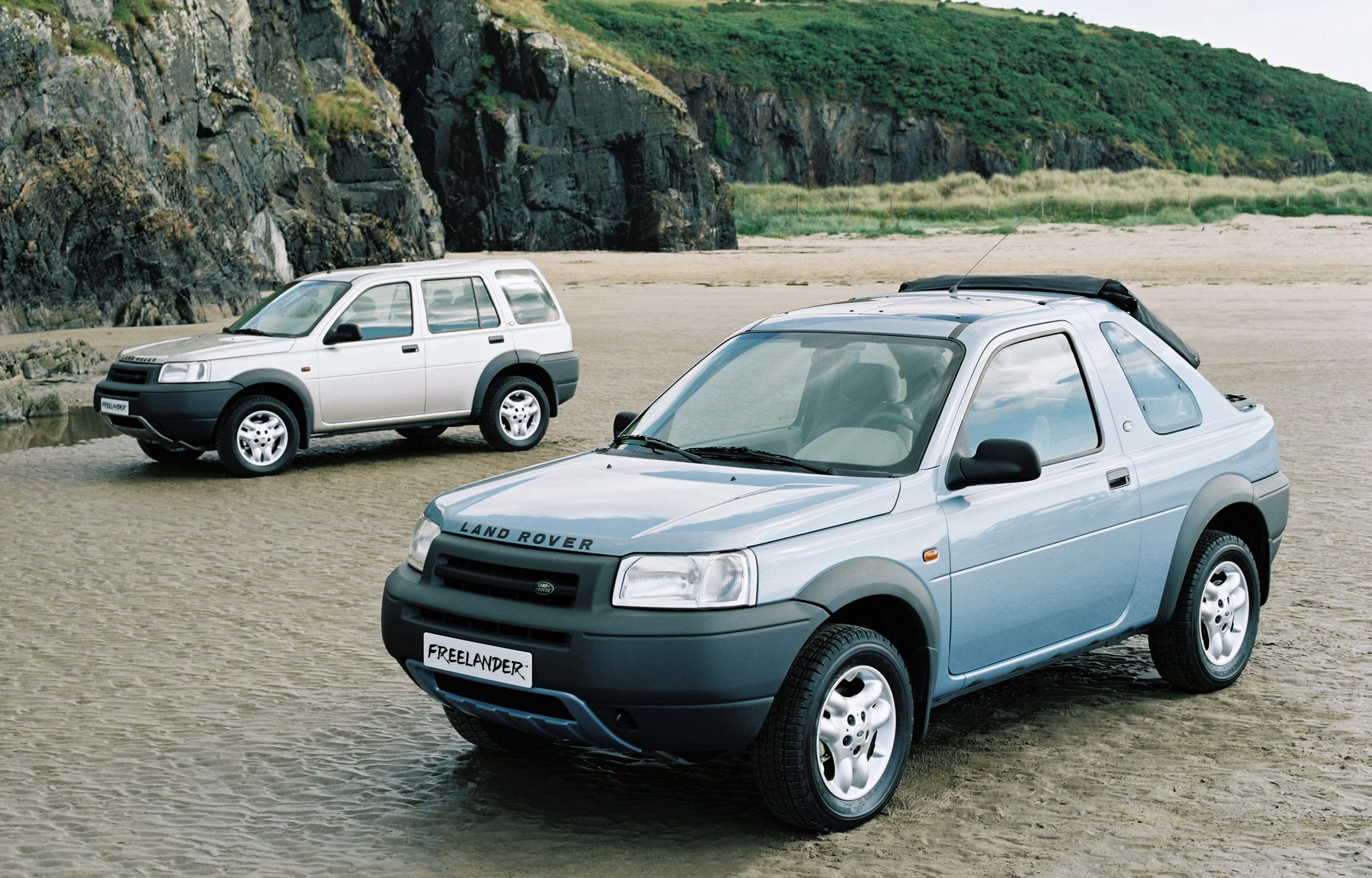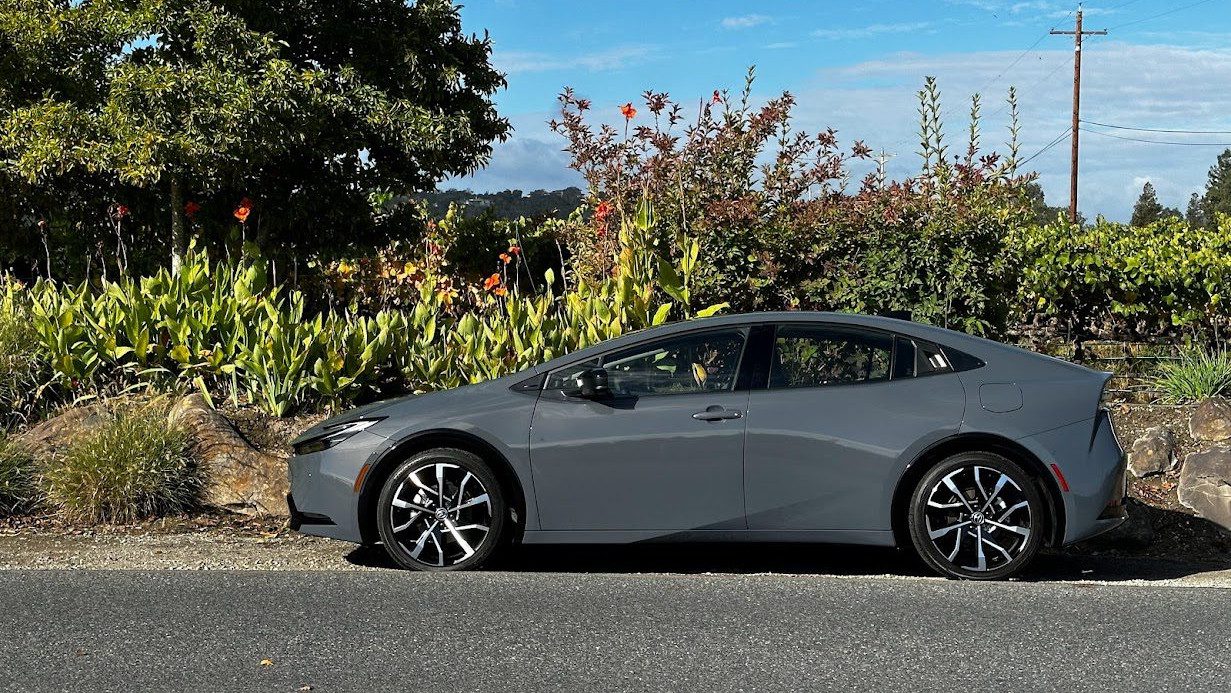My Take On GST Council’s SUV Definition
There’s still a hint of ambiguity.
One of the points discussed during India’s 48th GST Council meeting was the definition of an SUV. This needed addressing not only because it’s the most sought-after type of four-wheeler in the country but also to eradicate all the ambiguity around how the government describes such a vehicle.
Before I get to the official new “definition” of an SUV as per the Indian government, let me clarify how motor vehicles are taxed. All passenger vehicles, petrol, diesel, CNG and electric hybrid, regardless of whether they are for commercial or personal use or have four, three or two wheels, are levied a GST of 28 per cent. Then, based on parameters such as length and engine capacity, an additional cess comes into the equation. For example, a vehicle that’s powered by petrol, diesel or CNG but measures less than 4,000mm in length and has an engine smaller than 1,200cc, will be the recipient of 1 per cent cess. So, the total applied duty becomes 29 per cent (28 + 1).
Now, coming to how the GST Council described an SUV. It said that if a vehicle has an engine larger than 1,500cc, measures more than 4,000mm in length, has a ground clearance of 170mm or more, and is popularly known as an ‘SUV’, will be the recipient of 22 per cent cess over and above the 28 per cent GST. All four parameters must be met to categorise the vehicle as an SUV. Math is simple. 28 + 22 = 50 per cent. A massive figure.
Even so, carmakers and SIAM (Society of Indian Automobile Manufacturers) have welcomed the government’s SUV definition. And I think I know why. All is fine except for that last parameter – popularly known as an SUV. I feel there’s ambiguity here. First of all, how would one define the “popular” opinion about what a vehicle is? Second, carmakers get the freedom to play around with their marketing stuff, labelling a product as a crossover or, like BMW already does, a Sports Activity Vehicle (SAV). They can even go the extra mile and call something like a Scorpio a large rugged hatchback because, in essence, it is. And once the alternate game plan catches on, the label SUV might not stay as popular as the government would like.
Now that you’ve read my reservations, do you think I’m making sense?
Recommend0 recommendationsPublished in Cars, Opinion


